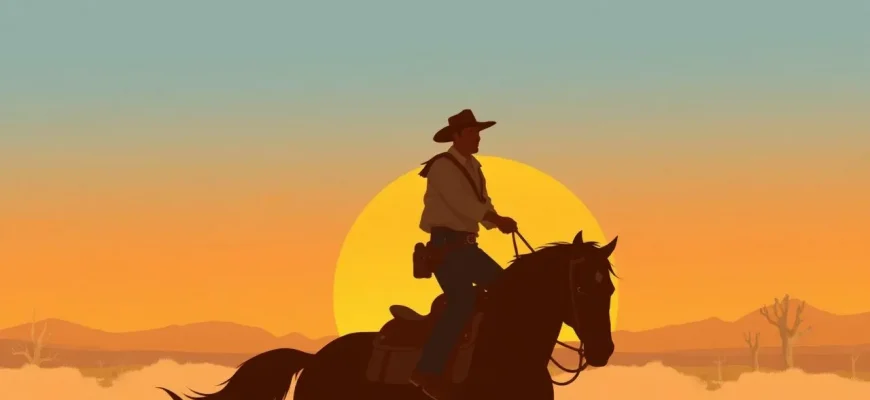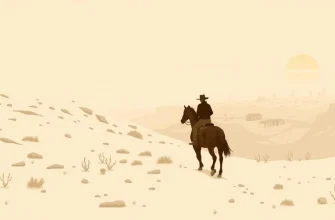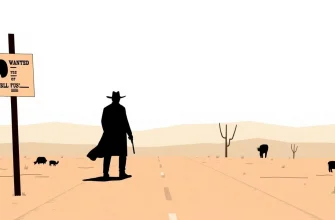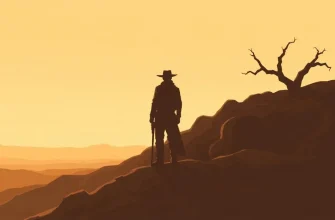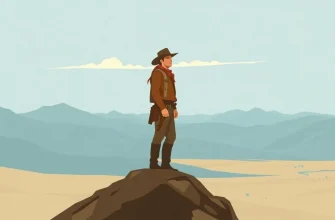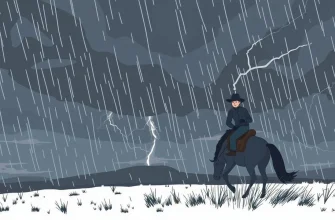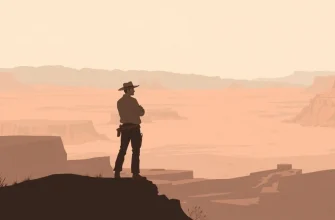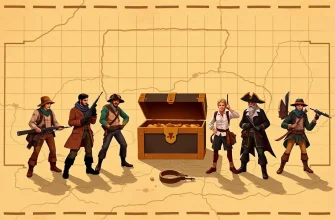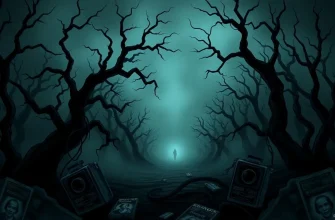The Western genre, with its rugged landscapes and tales of frontier justice, often serves as a canvas for exploring deep human experiences and moral dilemmas. This curated list of 10 Western films not only entertains but also imparts valuable life lessons, making them perfect for those seeking both adventure and introspection. From tales of redemption to the importance of community, these films offer a rich tapestry of lessons wrapped in the iconic setting of the American West.

High Noon (1952)
Description: This film is a study in courage and duty, where a town marshal faces his enemies alone when the community he serves refuses to help. It's a lesson in standing up for what's right, even when it's unpopular.
Fact: The film was made during the McCarthy era, and its plot was seen as an allegory for the Hollywood blacklist, with the marshal representing those who stood against the witch hunt.
 Watch Now
Watch Now 
Shane (1953)
Description: A mysterious gunfighter helps a homesteader family, teaching lessons about heroism, the cost of violence, and the importance of standing up for what's right, even if it means personal sacrifice.
Fact: The film was one of the first to be shot in CinemaScope, which was a new widescreen process at the time.
 Watch Now
Watch Now 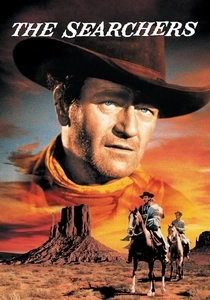
The Searchers (1956)
Description: This John Ford classic explores themes of racism, revenge, and redemption through the journey of Ethan Edwards, who searches for his niece kidnapped by Comanches. It teaches about the complexities of human nature and the importance of forgiveness.
Fact: John Wayne's character, Ethan Edwards, was originally written as a much darker figure, but Wayne's portrayal softened the character. The film was also one of the first to be shot in VistaVision, enhancing its epic scope.
 Watch Now
Watch Now 
The Magnificent Seven (1960)
Description: A group of gunslingers come together to protect a Mexican village from bandits, teaching about teamwork, sacrifice, and the value of community in the face of adversity.
Fact: The film was inspired by Akira Kurosawa's "Seven Samurai," and its theme song became an iconic piece of Western music.
 Watch Now
Watch Now 
The Man Who Shot Liberty Valance (1962)
Description: This film explores the myth versus reality of the West, teaching about the power of legend, the truth behind heroism, and the moral complexities of justice.
Fact: It was one of the last major Westerns directed by John Ford, and it's often cited for its famous line, "When the legend becomes fact, print the legend."
 Watch Now
Watch Now 
The Outlaw Josey Wales (1976)
Description: Clint Eastwood stars as a Confederate soldier turned outlaw, exploring themes of revenge, redemption, and the search for peace. It's a story about finding a new purpose in life after loss.
Fact: The film was Eastwood's first foray into directing, and he also co-wrote the screenplay.
 Watch Now
Watch Now 
Unforgiven (1992)
Description: Clint Eastwood's portrayal of an aging outlaw coming to terms with his violent past offers a meditation on violence, morality, and the passage of time. It's a poignant look at how one's past actions shape their future.
Fact: Eastwood won his first Best Director Oscar for this film, and it was also the last Western to win Best Picture at the Oscars until "No Country for Old Men" in
 Watch Now
Watch Now 
Open Range (2003)
Description: Kevin Costner directs and stars in this story about free-grazing cattlemen fighting for their rights, offering lessons on freedom, friendship, and the fight against oppression.
Fact: The film was shot in Alberta, Canada, to replicate the look of the American West.
 Watch Now
Watch Now 
3:10 to Yuma (2007)
Description: This remake delves into themes of honor, duty, and redemption as a rancher takes on the dangerous task of escorting an outlaw to justice. It's a tale of personal growth and the power of integrity.
Fact: The film was shot in New Mexico, where the original was also filmed, to maintain authenticity.
 Watch Now
Watch Now 
True Grit (2010)
Description: This Coen Brothers' remake focuses on a young girl's quest for justice, teaching about determination, the pursuit of justice, and the complexities of heroism through her interactions with a grizzled U.S. Marshal.
Fact: Jeff Bridges was nominated for an Academy Award for his role as Rooster Cogburn, a character originally played by John Wayne in the 1969 version.
 Watch Now
Watch Now 
